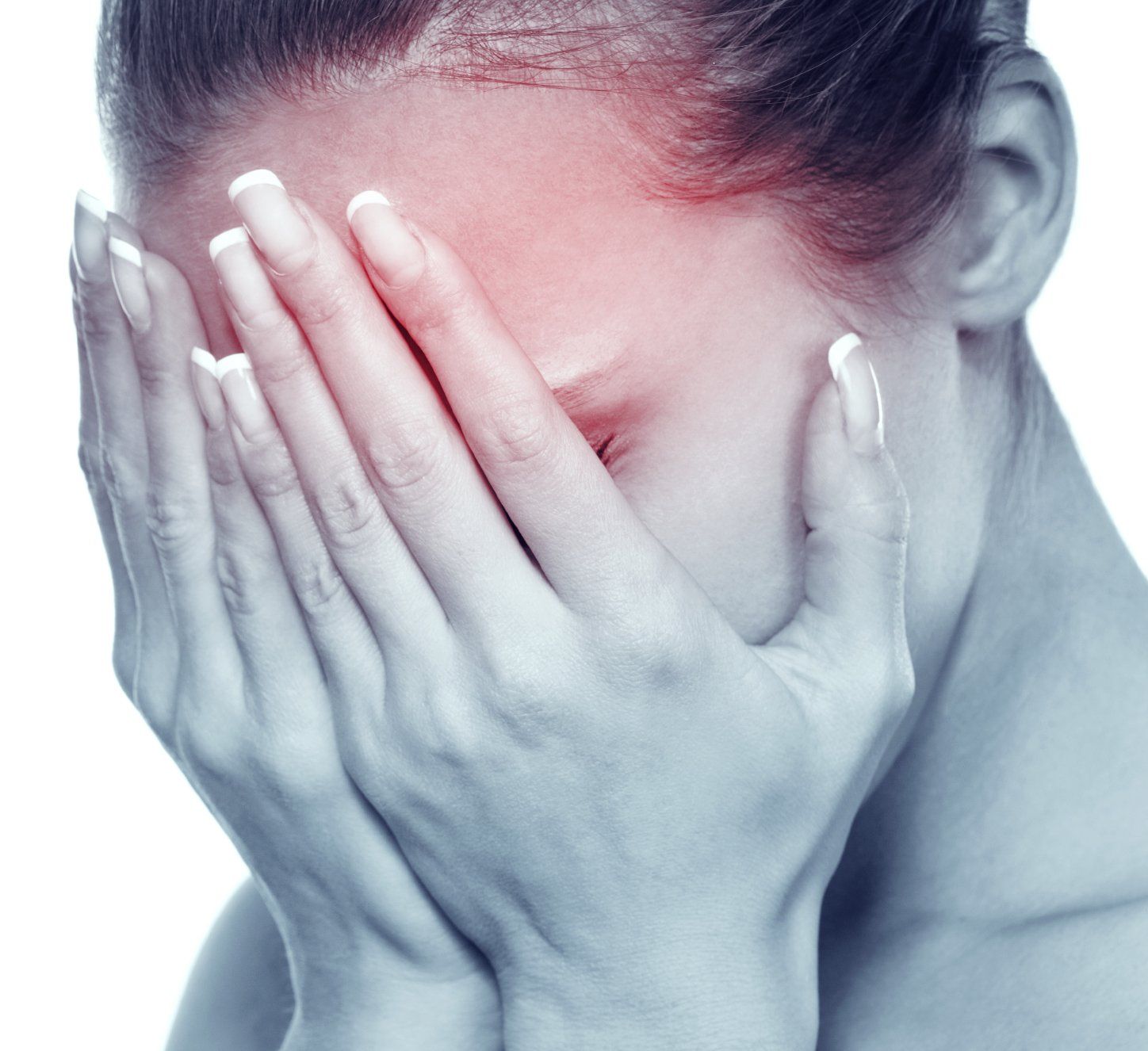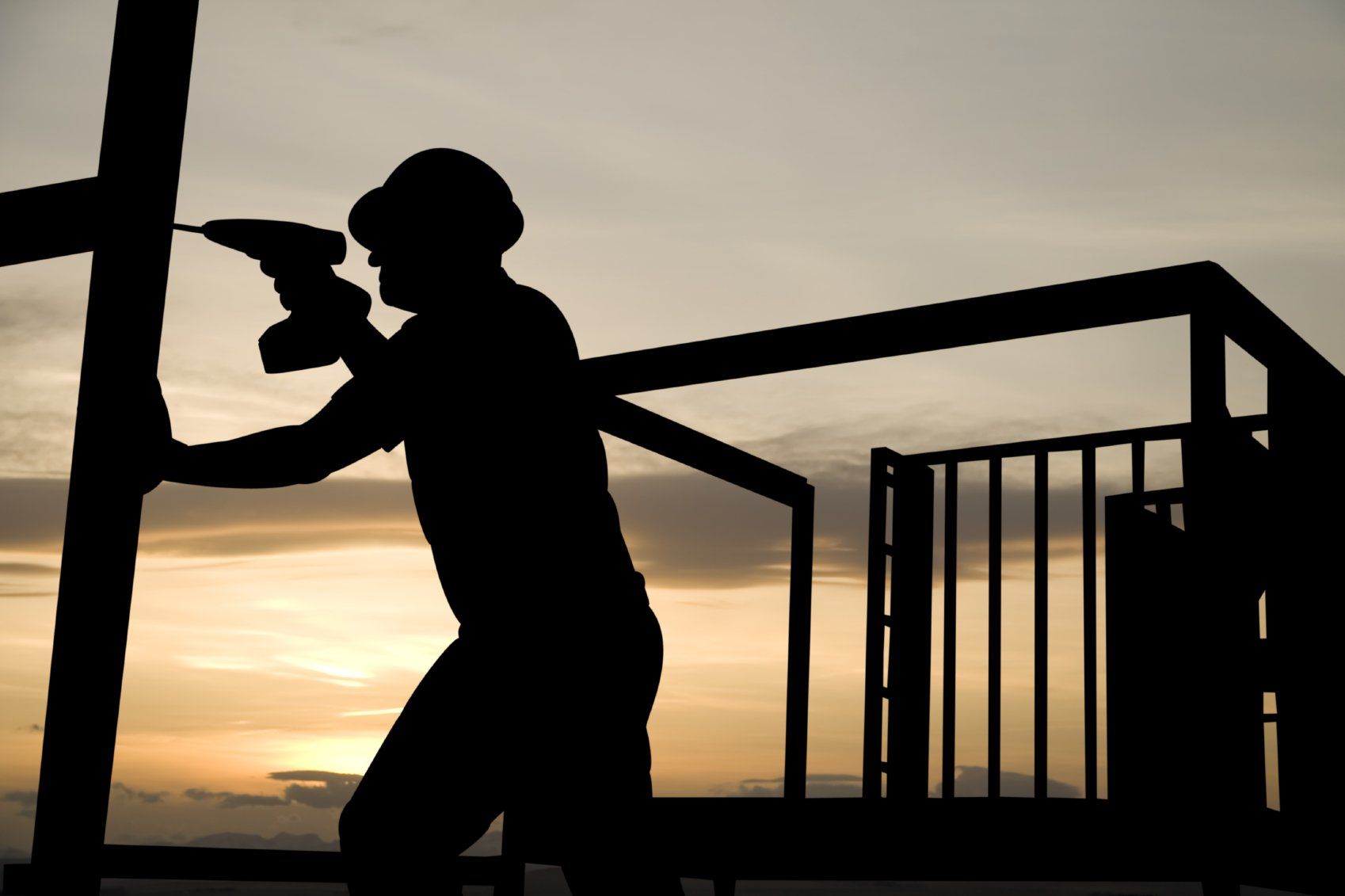Outdoor first aid courses, First aid but outdoors! Why do then?
DAC Outdoor First Aid Courses Suffolk
There is so much to enjoy in this great big world and nothing beats getting out into the great outdoors. The great outdoors doesn’t have to mean travelling to an exotic country, it can mean a walk in your local nature reserve, the beach, the mountains, hills, moorlands or even just a visit to your local park. Every step we take in life, wherever we are, there is always the possibility of injury, minor or major, to yourself or you may stumble across another person who may need assistance. We believe everybody has it in them to stop and help but most people are afraid to do something wrong or fear they may make the situation worse. Calling the emergency services is often the correct and first thing to do. However, with a little bit of training you could do more and it could save your own, someone you love or a complete stranger's life and that comfort and confidence in itself is worth considering.
Are outdoor first aid courses only practical learning?
In the most part, practical skills are what is taught but let's talk about confidence first as we are often told that people are put off first aid courses because it's just too scary. In most unfamiliar situations, especially when it comes to a medical emergency, confidence is often the thing we all lack and this is what causes us to panic. Confidence comes with experience and education. Outdoor first aid can be a scary thought and no-one would ever expect you to learn an entire medical journal and know exactly what to do in every situation. An outdoor first aid course simply gives you the confidence and knowledge to be able to assess a situation and stabilise a person while waiting for the fully trained medical professionals to arrive. These simple acts on their own can very likely save a person's life.
Often all it takes is some quick clear thinking, drawing on knowledge gained through an outdoor first aid course that can prevent a situation becoming worse. If a trained first aider is available on scene then many times the medical professionals are not required and this saves valuable resources that could be dealing with a more severe situation elsewhere. Thinking of yourself as a first aider can be a bit daunting. It doesn’t mean anyone expects you to perform surgery but it does show that you have taken the time to learn a set of life saving skills.
Outdoor first aid courses do not only focus on practical skills like CPR, which stands for cardiopulmonary resuscitation, and is used when a person's breathing or heartbeat has stopped. Staying calm is one of the core values taught on outdoor first aid courses and it is perhaps one of the most important. Clear thoughts and an ability to assess a situation quickly.
What will you learn on an outdoor first aid course?
Depending on which course you choose to do there are different levels pertaining to different skills that you are able to learn. There is a One day 8 hour or the two day 16 hour outdoor first aid course. These courses will teach skills, among others like, learning to identify when to administer CPR to an adult, child or infant. The recovery position, choking from mild to severe. External bleeding, cuts, grazes and bruises. Identifying and dealing with shock. Head, neck or spinal injuries including fractures, dislocations or sprains. The effects of being exposed to elements and seizures.
All or a mix of these skills and more, can be taught on our outdoor first aid courses.
Who will teach my outdoor first aid course?
Our MD delivers all of DAC Education's outdoor courses because quite honestly there is no-one more qualified to teach calm, clear and practical skills. Having built up over two decades of global expeditions, youth development courses and as a search and rescue volunteer, he always says;
"Teach me and I Forget, get me involved and I learn!"






















